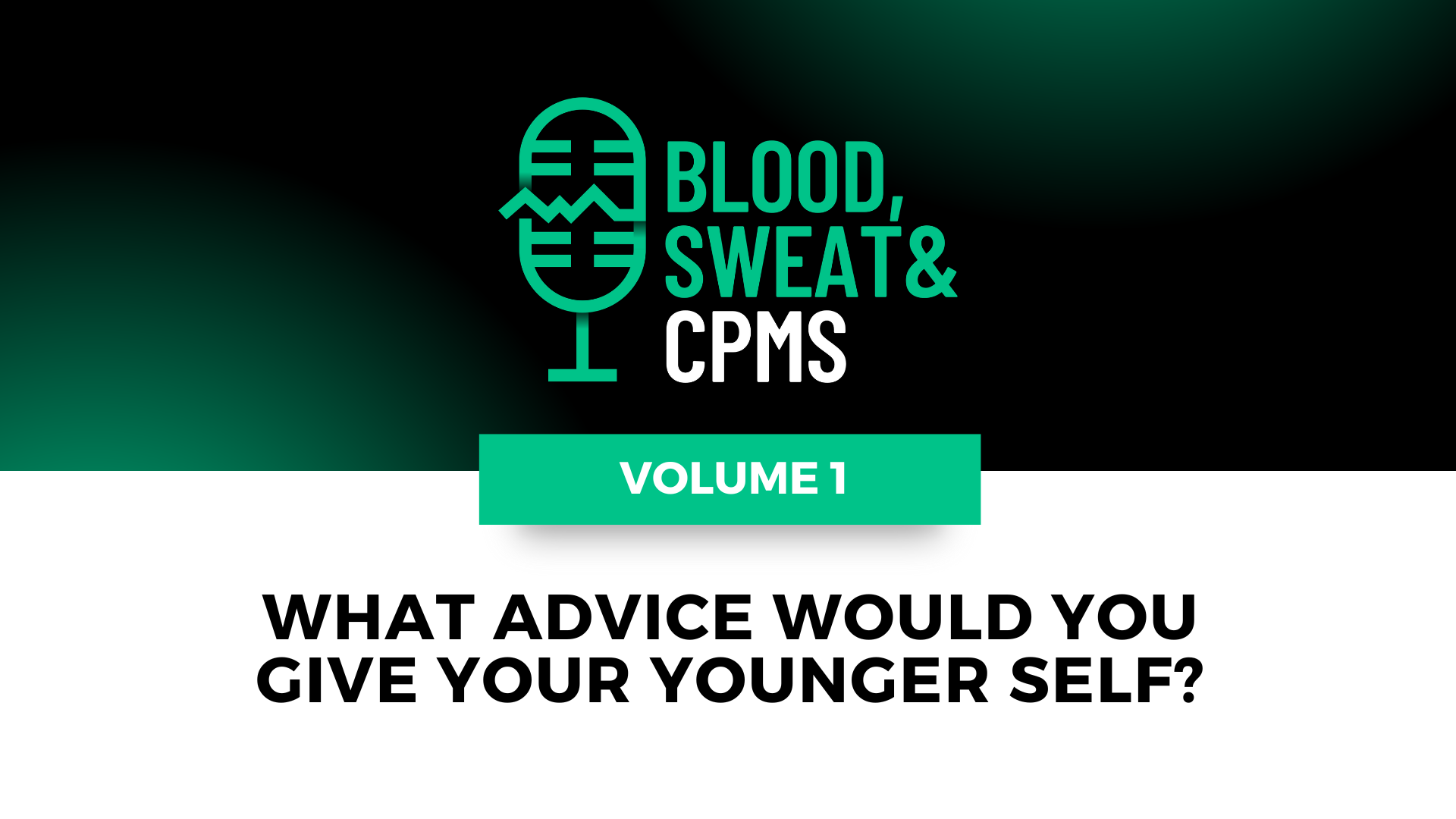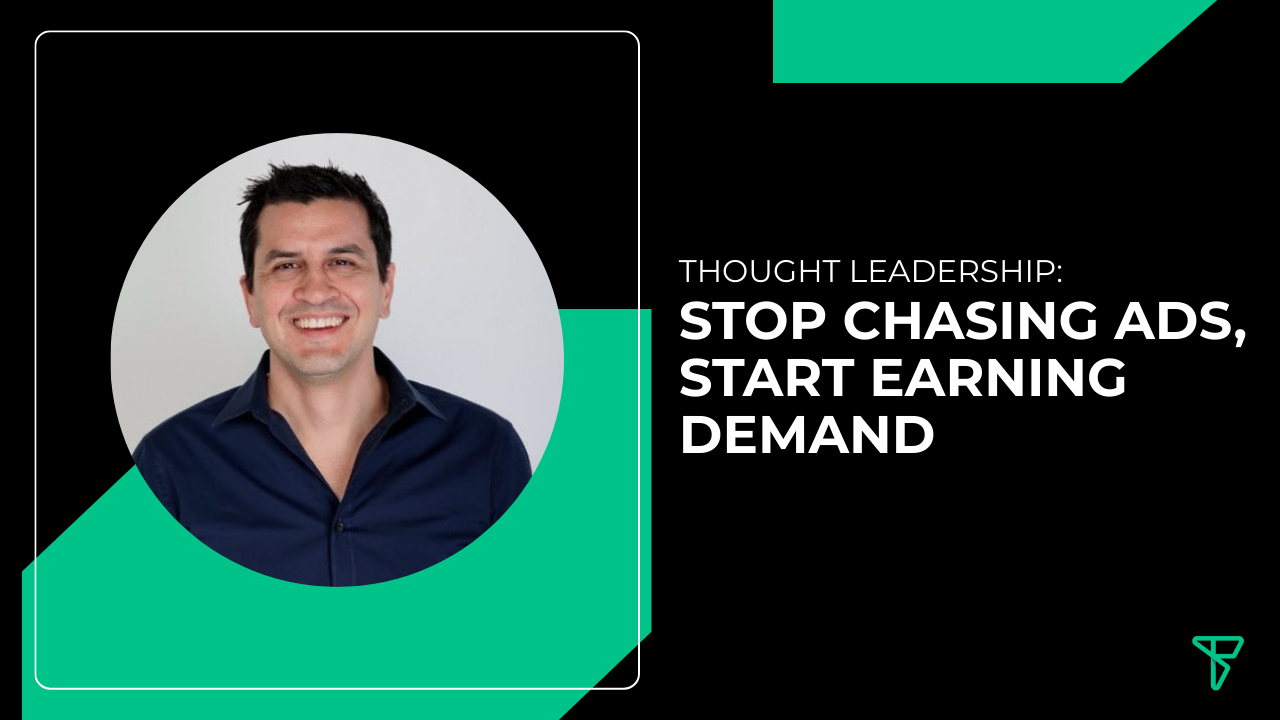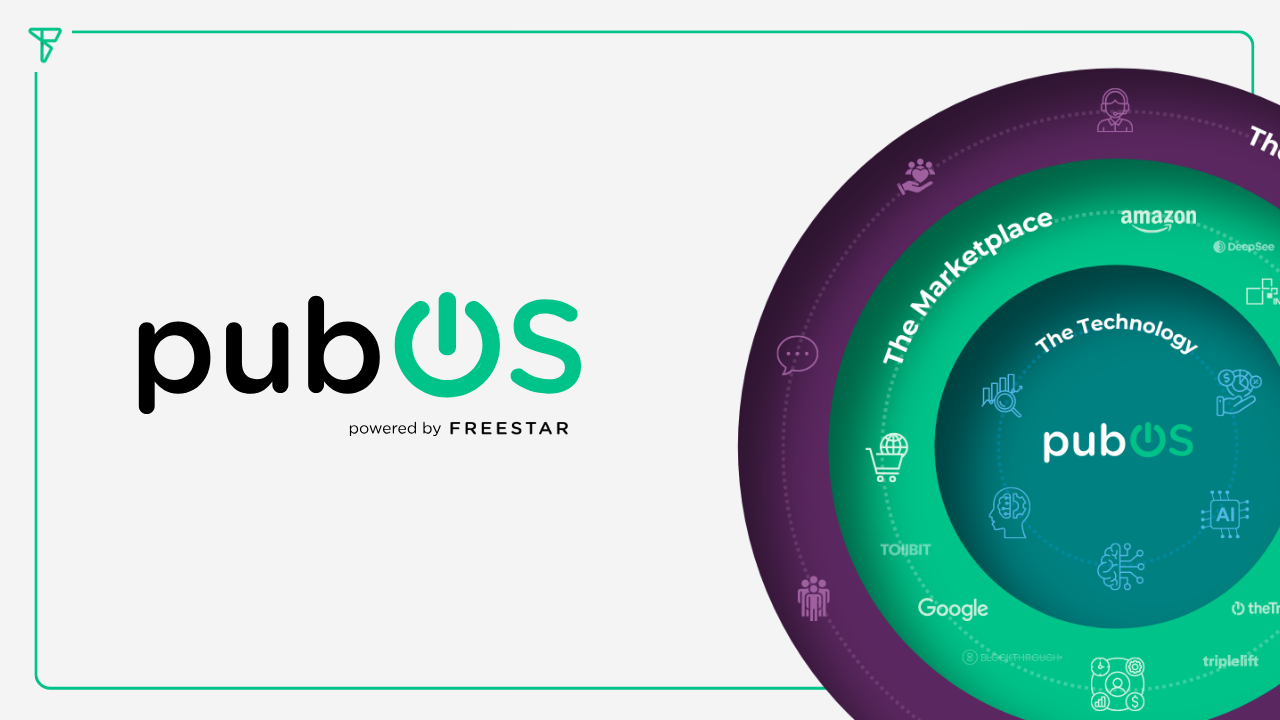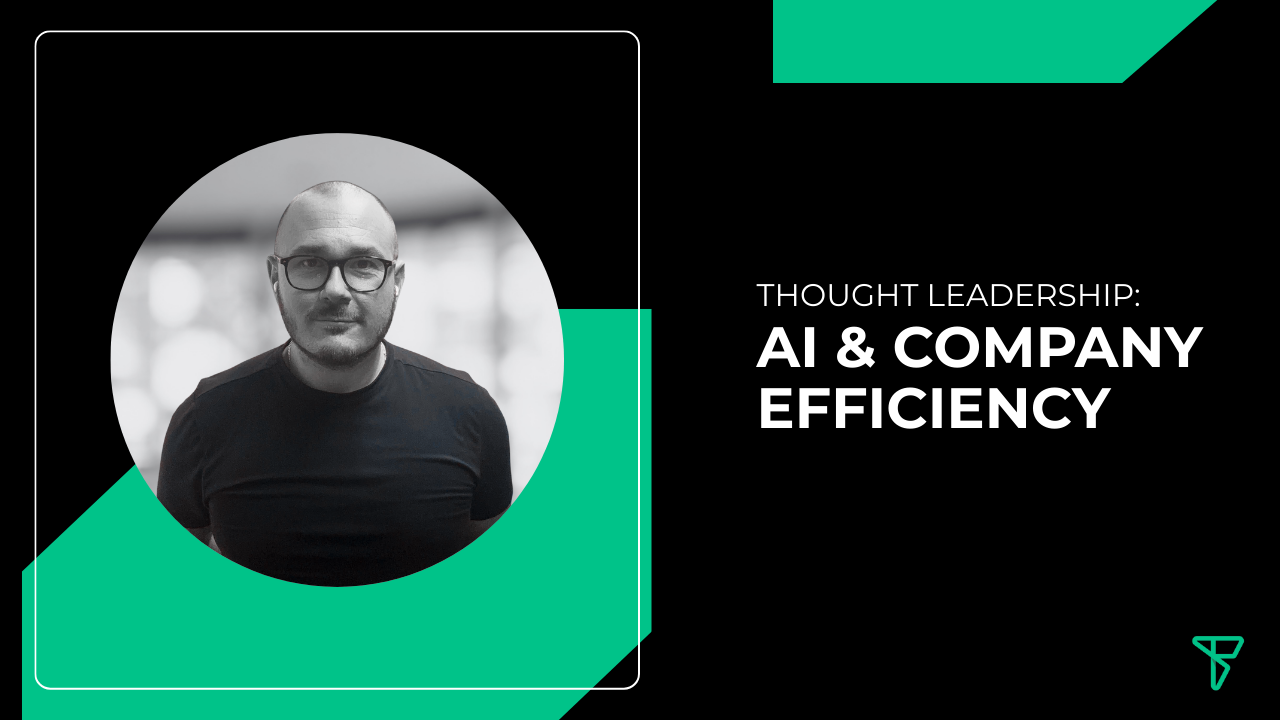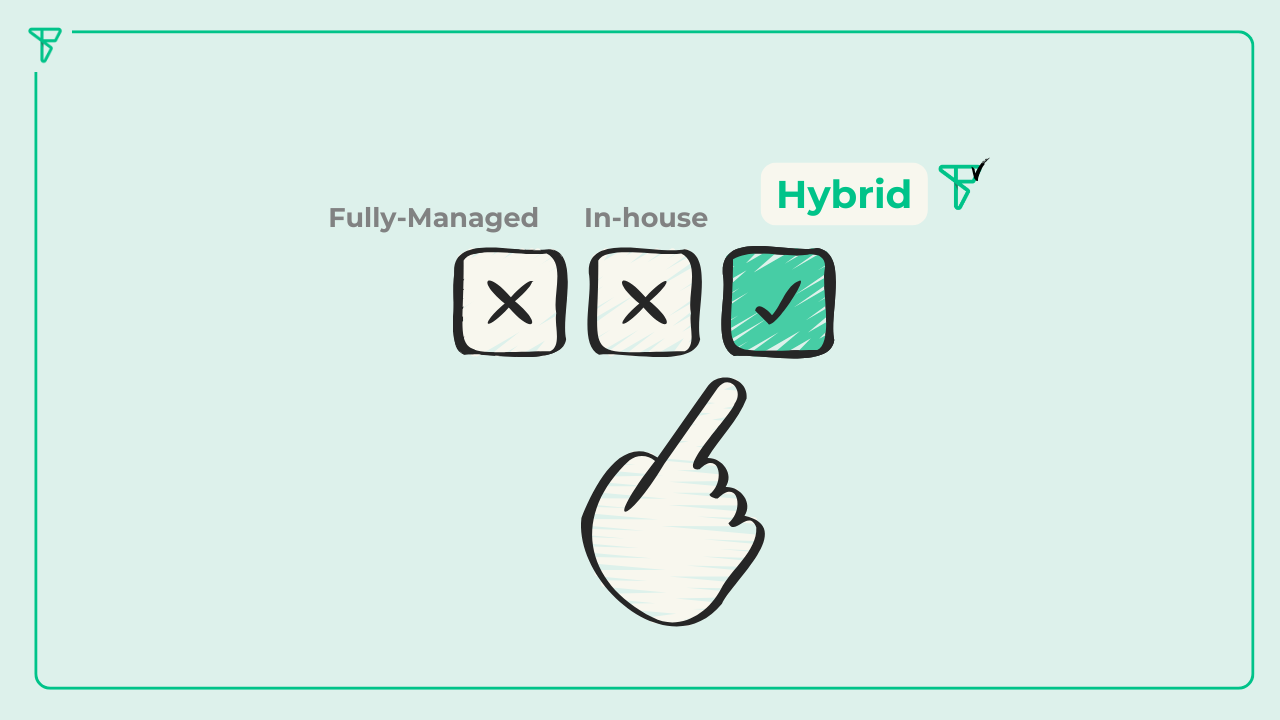In our podcast, Blood, Sweat and CPMs, Kurt Donnell, President & CEO of Freestar interviews thought leaders across the industry to get their perspectives on what matters most to them and their take on hot industry topics. He ends each episode with this very poignant question “What advice would the current you give to a younger version of yourself?”
Here are their answers.
Editor’s note: The following has been edited and condensed for clarity.
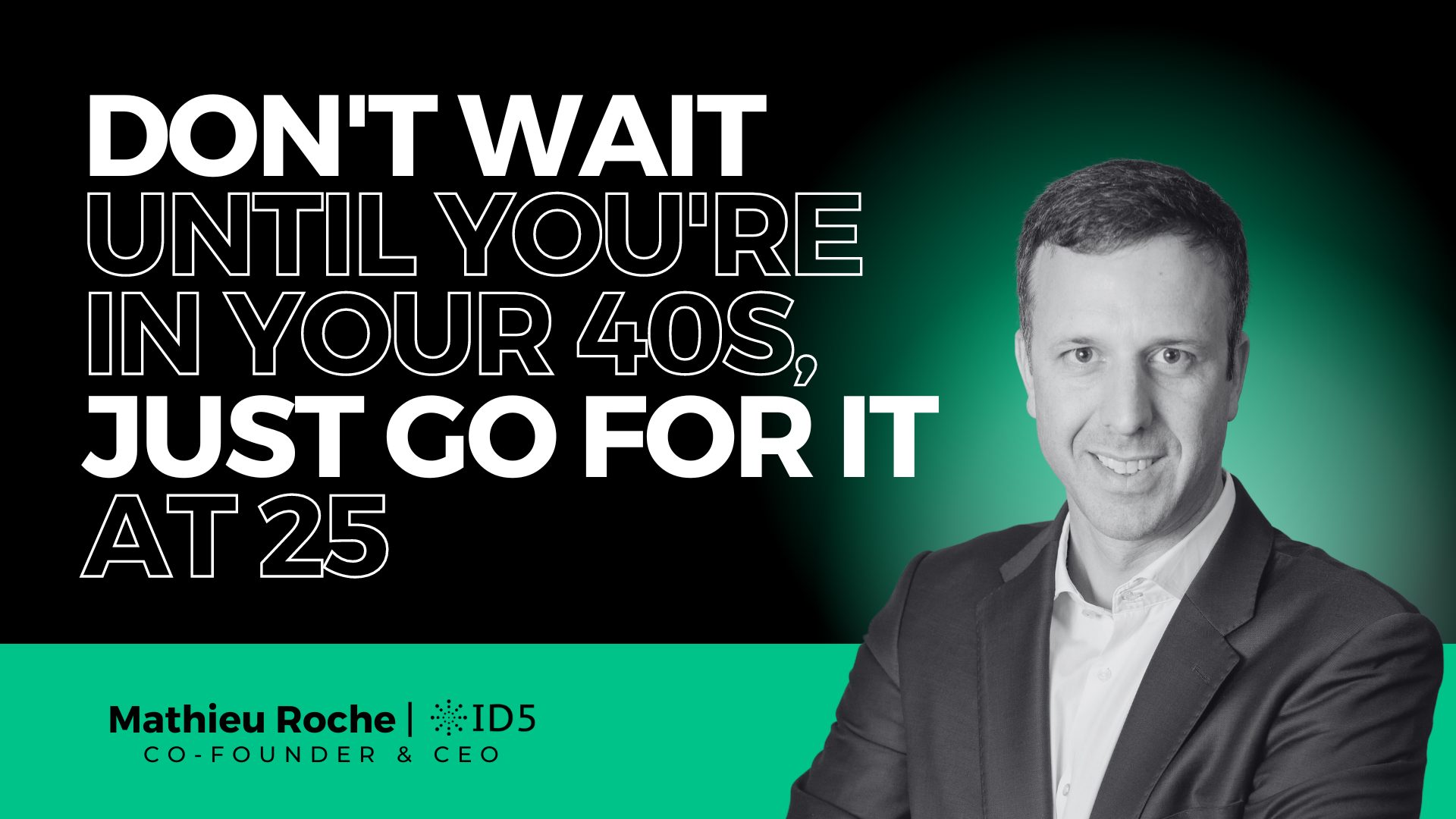
Mathieu Roche, Co-Founder and CEO of ID5: “I waited until I was 41 to launch ID5, which is my first company. I was married with three kids who were heading to college soon with a mortgage so I had a lot more pressure to succeed, but the level of experience I had certainly helped. However, I think it would have been better if it had been my third company. So I’d say, don’t wait until you’re in your 40s, just go for it at 25. At 26, fail a couple of times, right? Because it doesn’t matter at that age anyway. And then when you’re in your 40s, you’ll be able to go at it and you’ll have a lot more perspective, a lot more experience, and it’ll be a bit less scary. So, yeah, save yourself some sleepless nights and just get a couple of dry runs before you go for it. Big time.”
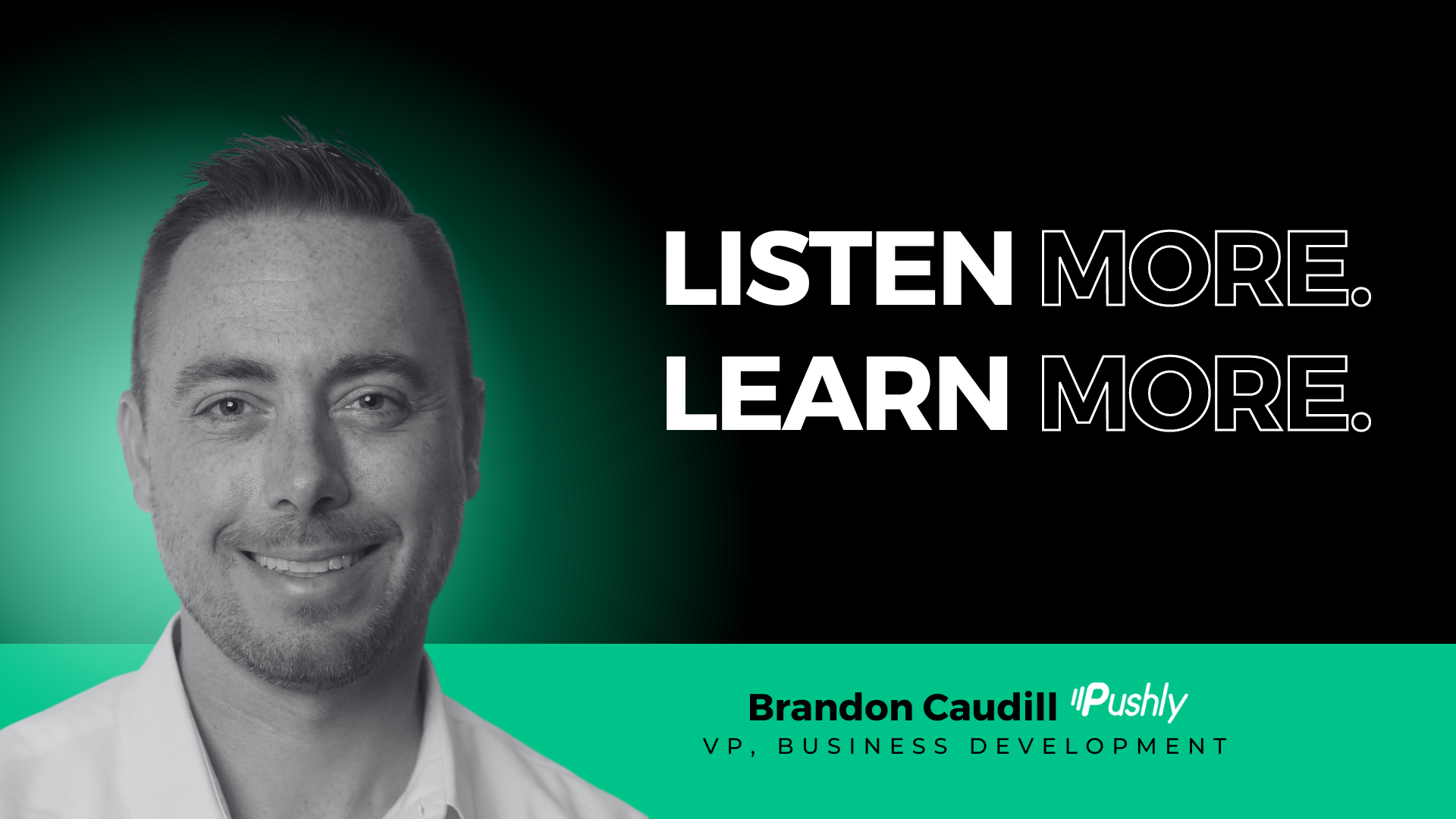
Brandon Caudill, VP of Business Development at Pushly: “I’m very type A. I came out of school thinking I knew it all and was ready to conquer the world and I was very impatient and sort of closed-minded. The advice I would give my previous self would just be listen more and learn more and to be the dumbest person in the room. Don’t pretend to be the smartest person in the room. I still apply that today. You’d be amazed at the doors that open or the types of genuine conversations you can have and the things you can learn. It’ll make you a better person and it’ll help you advance your career. I didn’t do that early on and it took a couple of hard knocks to sort of figure out that I need to just shut my trap, listen and learn. Once I started doing that, doors opened and opportunities presented themselves and I became not only a better person but developed really good relationships and genuine friendships.”
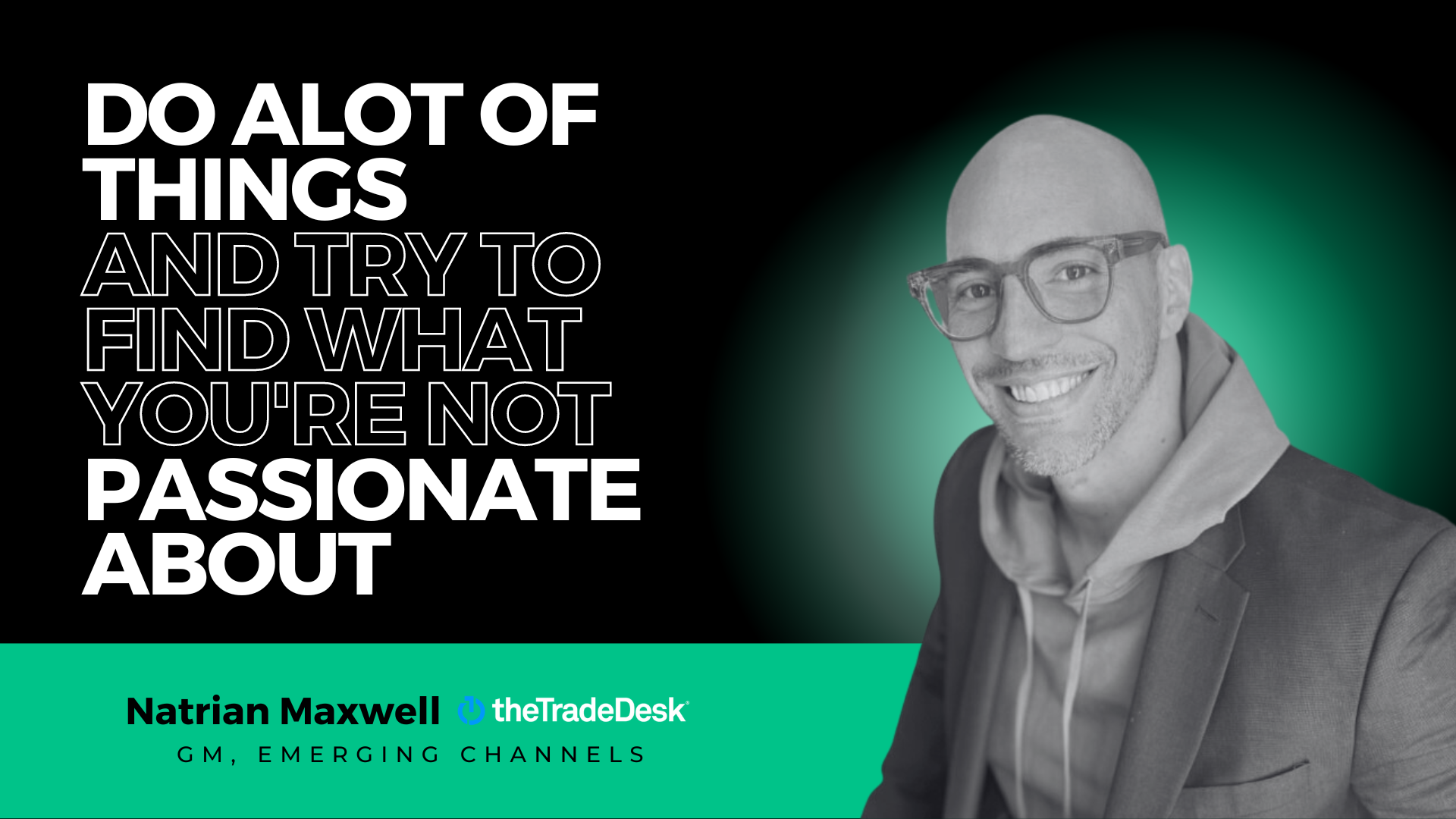
Natrian Maxwell, GM, Emerging Channels, The Trade Desk: “Aside from “take care of your hair,” it would probably be something like this. I think we do it wrong in America in that we always tell people, find your passion and then go do that. I often think that was probably bad advice and here’s why that is. Oftentimes when you’re 19, 20 or 21, you don’t even know what you’re passionate about because you haven’t even done enough things to know what you’re not passionate about yet. I would say as I look over my career in programmatic in general, 16 years later, I didn’t get passionate about programmatic until about two years ago. You have to develop a certain skill set before you can truly start to look at something and say, I am passionate about this because I am now getting back a certain amount of input from this thing. So you almost have to do something for a really long time, even though you’re not passionate about it, before it then becomes a passion. If you chase a passion too early on and you’re not good at it, it won’t be something you want to continue doing. For me, it’s golf. I was terrible at it, but I was like, can I be passionate at golf? No, it’ll destroy you.. So the advice is just to do a lot of things. Do a lot of things and try to find what you’re not passionate about and that will ultimately help you find something that you are passionate about later.”
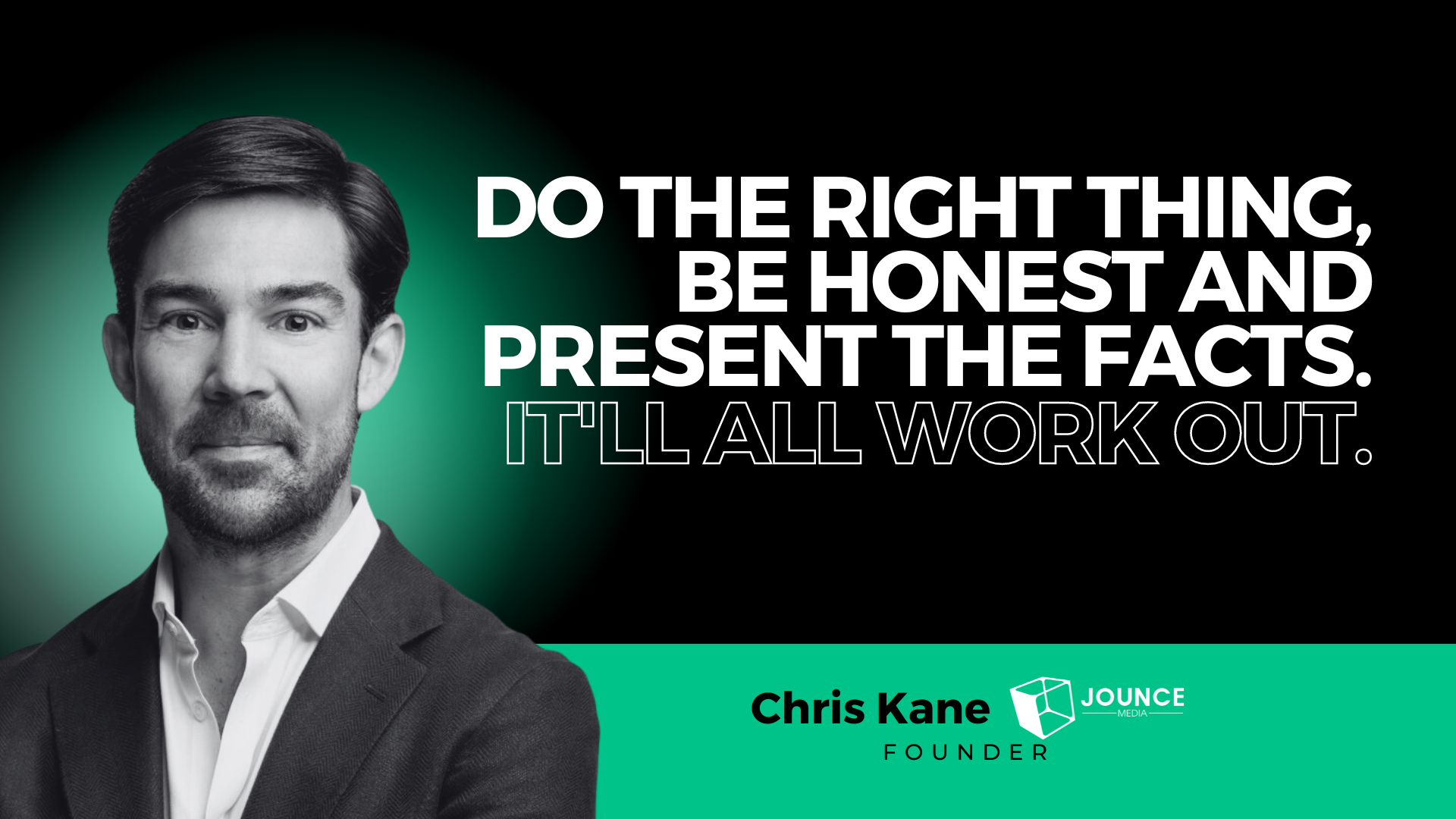
Chris Kane, Founder of Jounce Media: “Well, I think from a career point of view, I’m lucky in a lot of ways, but mainly I feel like there are a lot of people around the industry who have been sort of frustrated by trying to do the right thing. And I’m talking about senior managers all the way down to junior traders trying to do the right thing and believing that they will be rewarded for it… I feel really fortunate to have been in a handful of positions where I could make a commitment to just trying to be an honest broker, not having an agenda, not sort of doing the hustle, just being honest and it working out. But boy, I’ll tell you, especially during COVID and even earlier in my career, there’s a lot of heartburn that I had wondering, am I setting myself up? Is trying to be an honest broker a flawed strategy? And it wasn’t! It’s working out nicely. But it would have been nice to hear that from the future, that this will work out fine if you just try to do the right thing and try to be honest about it and present the facts. It’ll all work out.”
